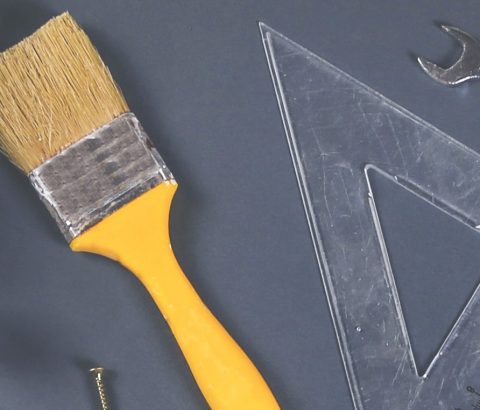Disputes over payment
Disputes over payment
Payment disputes can crop up occasionally when you give a customer credit, and when they do they can make credit control difficult. We’ve listed some of the most common payment disputes that business owners face below, and outlined how you should respond if you encounter one of them.A customer claims they didn’t receive their goods
The best thing to do with regards to this dispute is to take steps to prevent it happening in the first place. Ensure you get signed delivery notes from all of your customers, or some other form of paper or e-confirmation to prove that the goods have been received.
This way, if the dispute is ever taken to court you can prove that the customer received their goods easily (letting your customer know that you’ve got evidence they received the goods will likely prevent the case from going to court anyway).
A customer claims they didn’t order the goods or services you provided
Ensure that you get a written or online order from your customer whenever you’re providing them with goods or services. It’s likely that your systems will do this automatically, so as long as you back up any orders you receive on a database you’ll be protected against any customers disputing payments in this way.
A customer claims your goods or services were faulty
Sometimes, a customer might not pay an invoice on time. If this happens then the first thing you should do is contact the customer directly to let them know that payment is overdue. If the non-payment is deliberate, ask them why this is the case.
If your customer says that they haven’t paid because the goods or services they received were faulty, then ask them to describe any faults that they’ve encountered; if you give the customer opportunity to do this early on, any complaints about faults made later aren’t likely to stand up as well in a court situation, as they should be raised immediately.
A good idea around this is to have your customers sign and confirm that your goods are in proper condition when they arrive. This will save you a lot of time and, in the event that the goods actually are damaged or faulty, means that you can replace them quickly.
A customer claims they didn’t have a contract with you
This can be a difficult dispute to resolve unless the proper pre-emptive steps are taken. Ensure that (if you’re dealing with a limited company) you get the name of the business exactly correct, and if you’re dealing with sole traders or partnerships, make sure that you have extensive contact details of each person involved in the transaction. Not doing this can make it difficult to prove your case in court, if it comes to that.
A customer claims their contract specifies they don’t have to pay you.
You should always ensure that you have a full set of terms and conditions for your customer to sign before you agree to enter into business with them, and within this set of terms and conditions you should clearly state that you’re entitled to full, on-time payment of your invoice.


